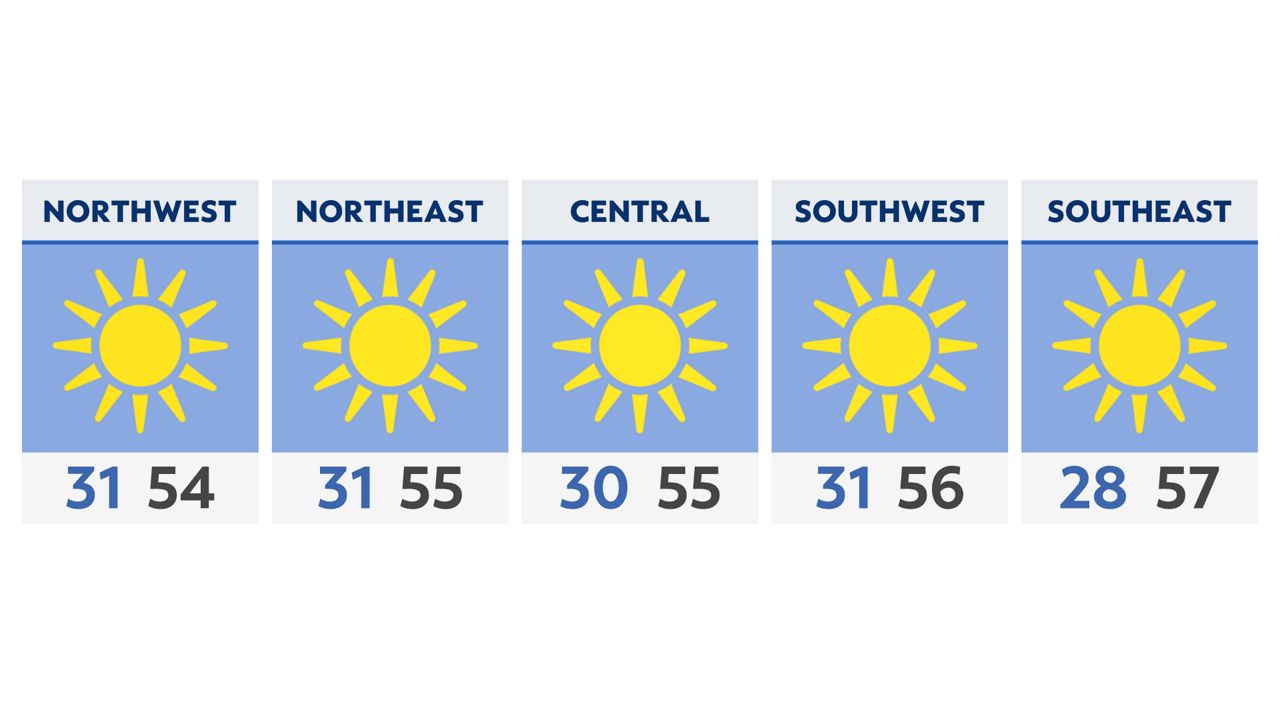After months of negotiations, the House voted to pass the $1 trillion Bipartisan Infrastructure Bill, sending the measure to President Joe Biden’s desk — a major win for the Democratic president.
At the end of a chaotic day on Capitol Hill, Democrats in the House came to an agreement — brokered by the president and other top party leaders — on the passage of the two parts of President Biden’s economic agenda.
“Tonight, we took a monumental step forward as a nation,” Biden wrote in a statement issued after the vote. “The United States House of Representatives passed the Infrastructure Investment and Jobs Act, a once-in-generation bipartisan infrastructure bill that will create millions of jobs, turn the climate crisis into an opportunity, and put us on a path to win the economic competition for the 21st Century.”
“It will create good-paying jobs that can’t be outsourced. Jobs that will transform our transportation system with the most significant investments in passenger and freight rail, roads, bridges, ports, airports, and public transit in generations,” Biden continued. “This will make it easier for companies to get goods to market more quickly and reduce supply chain bottlenecks now and for decades to come. This will ease inflationary pressures and lower costs for working families.”
All told, the bill will provide, according to the White House:
- $110 billion for roads, bridges and other major projects
- $11 billion for road safety
- $39 billion to modernize public transit
- $66 billion for passenger and freight rail
- $15 billion for electric vehicles, buses and charging infrastructure
- $25 billion for airports
- $17 billion for ports
- $50 billion for water infrastructure
- $55 billion for clean water efforts, like replacing lead pipes
- $65 billion for high-speed internet and broadband infrastructure
- $21 billion to aid environmental clean-up
- $73 billion for power infrastructure
The House passed the bill 228-206, with 13 Republicans supporting the bill – and six progressive Democrats voting against it.
The progressives who voted against the bill were Reps. Alexandria Ocasio-Cortez, D-N.Y., Cori Bush, D-Mo., Jamaal Bowman, D-N.Y., Ilhan Omar, D-Minn., Ayanna Pressley, D-Mass., and Rashida Tlaib, D-MI.
“From the beginning, I have been clear that I would not be able to support the infrastructure bill without a vote on the Build Back Better Act,” Rep. Omar wrote in a press release. “Passing the infrastructure bill without passing the Build Back Better Act first risks leaving behind childcare, paid leave, health care, climate action, housing, education, and a roadmap to citizenship.”
“My community cannot wait any longer for these much-needed investments that will be delivered through the Build Back Better Act,” she continued. “I cannot in good conscience support the infrastructure bill without voting on the President’s transformative agenda first. And for those reasons, I voted NO on the infrastructure package.”
Republicans who supported the bill include Rep. John Katko, R-N.Y., Nicole Malliotakis, R-N.Y., Tom Reed, R-N.Y., Andrew Garbarino, R-N.Y., Anthony Gonzalez, R-Ohio, Adam Kinzinger, R-Ill., and Rep. Jeff Van Drew, R-N.Y.
“For far too long our leaders have failed to modernize our aging roads, highways & bridges, upgrade sewer systems & implement flood resiliency projects.,” Malliotakis wrote about her vote on the infrastructure bill.
Progressives agreed to pass the smaller bill Friday night, while moderates pledged to back the larger $1.85 trillion Build Back Better bill later this month, provided official estimates of the cost via the Congressional Budget Office are in line with expectations.
“We commit to voting for the Build Back Better Act, in its current form other than technical changes, as expeditiously as we receive fiscal information from the Congressional Budget Office – but in no event later than the week of November 15th,” the group of five moderates wrote.
The infrastructure bill, which passed the Senate in August with significant bipartisan support, includes $550 billion in new spending, focusing on “hard” infrastructure projects, like roads, bridges, airports, clean water and expanding broadband internet access.
The bipartisan bill will be funded largely by repurposing other money, including unused COVID-19 relief funds, as well as other revenue streams and spending cuts. An analysis from the Congressional Budget Office projected that it could add $256 billion to projected deficits over the next decade.
President Biden will speak later Saturday morning at the White House on the passage of the bill, one day after the administration scored a major win in October’s jobs report. The economy added 531,000 jobs in October, vastly exceeding expectations.
The House also voted late, along party lines (221-213) on a rule to end debate on the 10 year, allowing for a vote on President Biden’s $1.85 trillion Build Back Better act the week of Nov. 15. The bill would boost health and family programs and devote $550 billion to climate initiatives, the largest legislative investment to combat the climate crisis in history.
“I’m also proud that a rule was voted on that will allow for passage of my Build Back Better Act in the House of Representatives the week of November 15th,” Biden wrote in his statement.
“The Build Back Better Act will be a once-in-a-generation investment in our people,” he continued. “It will lower bills for healthcare, child care, elder care, prescription drugs, and preschool. And middle-class families get a tax cut.”
“This bill is also fiscally responsible, fully paid for, and doesn’t raise the deficit. It does so by making sure the wealthiest Americans and biggest corporations begin to pay their fair share and doesn’t raise taxes a single cent on anyone making less than $400,000 per year.”
“I look forward to signing both of these bills into law,” Biden said. “Generations from now, people will look back and know this is when America won the economic competition for the 21st Century.”




